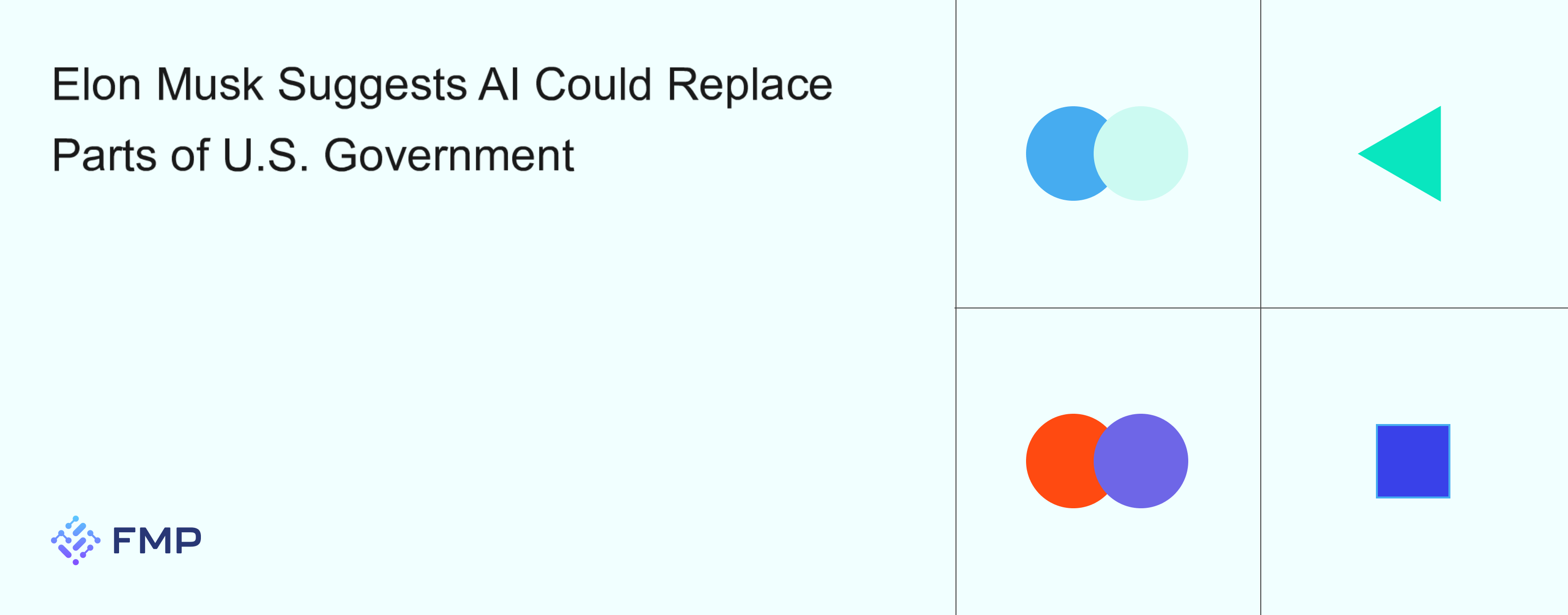
Elon Musk is once again making headlines—this time for suggesting that artificial intelligence could replace certain government functions, citing inefficiency within the U.S. federal system.
Speaking at a closed-door session of the Milken Institute Global Conference, Musk discussed the idea with financier Michael Milken, according to Bloomberg. He argued that AI could significantly streamline bloated bureaucracies, a comment that comes amid rising national efforts to trim federal spending.
DOGE and the Shift Toward Tech-Driven Governance
Musk’s comments align with his leadership of the Department of Government Efficiency (DOGE), an initiative backed by the Trump administration aimed at reducing workforce size and federal expenditures.
That effort is already seeing impact. According to Reuters, more than 15,000 employees from the U.S. Department of Agriculture have accepted financial incentives to exit—around 15% of the agency’s workforce. The program, designed in collaboration with DOGE, could be a blueprint for broader administrative cuts powered by automation and AI.
For investors watching Musk-led firms like Tesla (NASDAQ: TSLA), the convergence of his public policy involvement and corporate innovation strategy offers unique exposure to both AI development and regulatory transformation. Tracking such companies through TTM metrics or owner earnings data can provide deeper insight into how Musk’s government initiatives might complement private sector growth.
From Bureaucracy to Neuralink
During the same conference, Musk also touched on Neuralink and SpaceX, reaffirming his commitment to redefining the future of everything from brain-computer interfaces to interplanetary travel.
The broader implication? As AI continues to evolve, the boundary between public administration and private innovation is narrowing—particularly when figures like Musk are shaping both worlds at once.
At CWEB, we are always looking to expand our network of strategic investors and partners. If you're interested in exploring investment opportunities or discussing potential partnerships and serious inquiries. Contact: jacque@cweb.com

